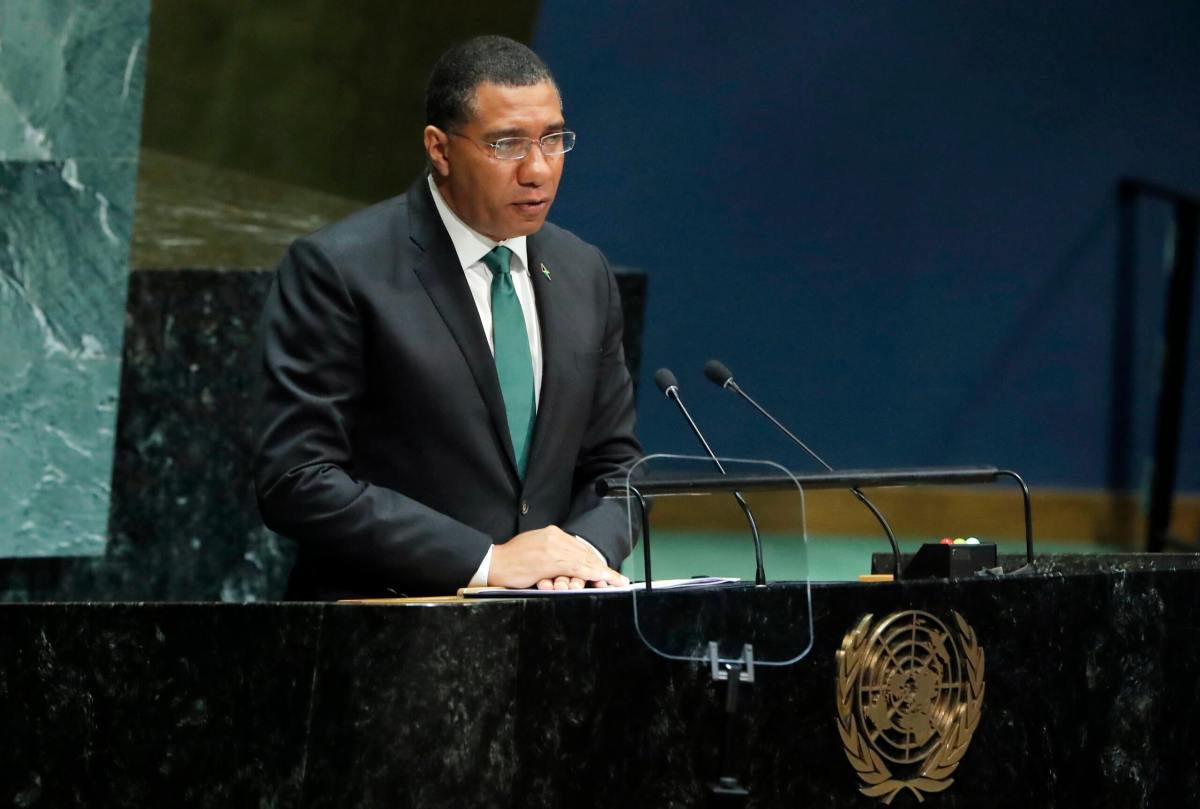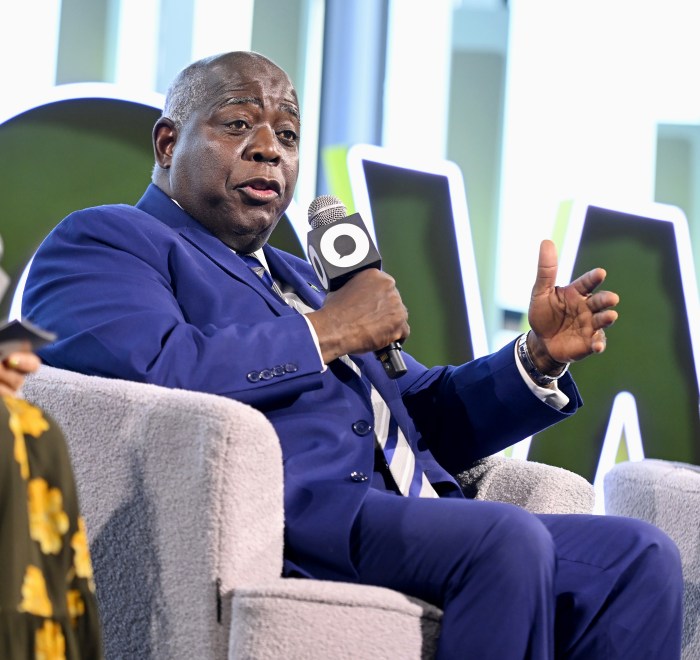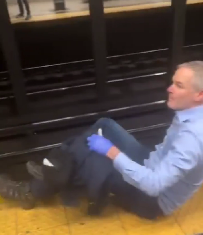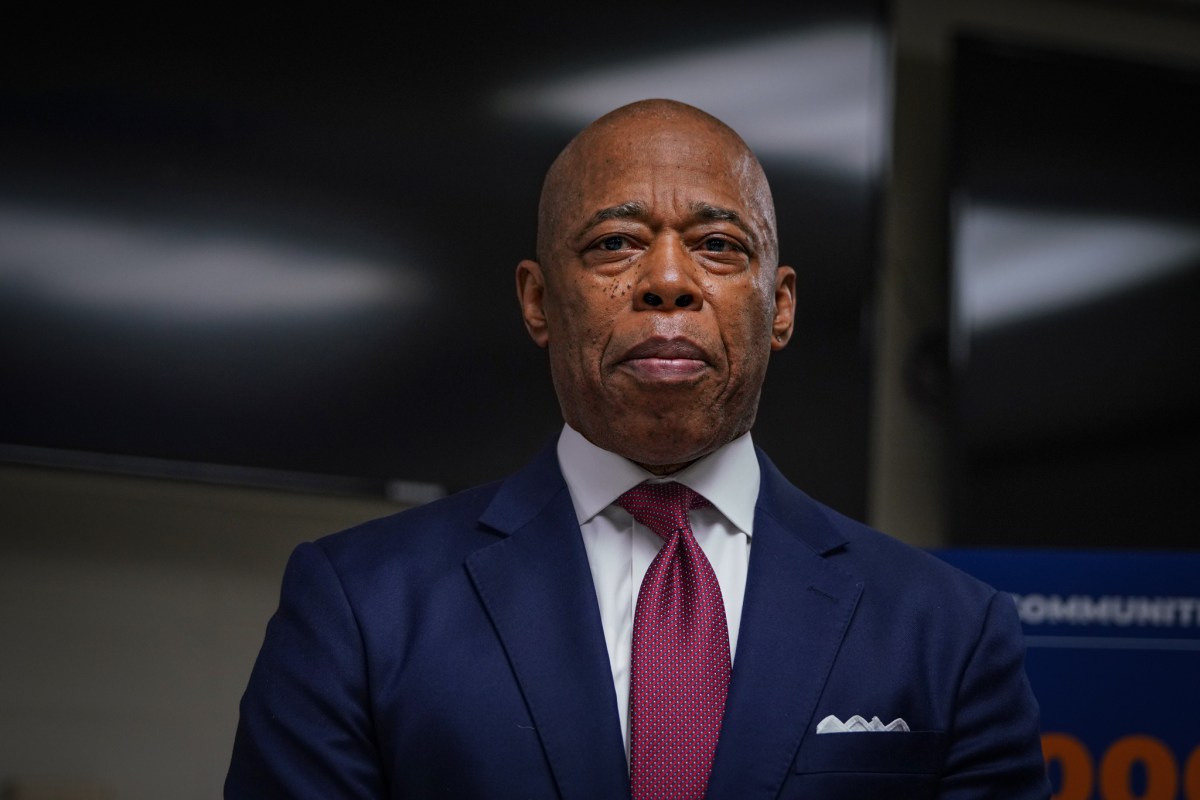A total of 24 Jamaican soldiers and police officers are headed to Haiti where they will eventually join up with local police and about 400 Kenyan colleagues as part of a multinational force battling heavily armed gangs disrupting life in the CARICOM member nation, Prime Minister Andrew Holness said Tuesday.
Announcing the pre-deployment of 20 soldiers and four policemen, PM Holness said Jamaica had been ready for most of the past year to make its contribution to the security effort in Haiti, noting that “Jamaica has close fraternal ties to the people of Haiti and we stand in solidarity with them. Jamaica also has a national security interest in the situation in Haiti, one of our closest neighbors. Here in Jamaica we see the growing entrenchment of gangs who organize the production of armed violence with a view to economic gain, spreading terror in communities and weakening the state’s guarantee to citizens’ security,” he told reporters at a special briefing in the city.
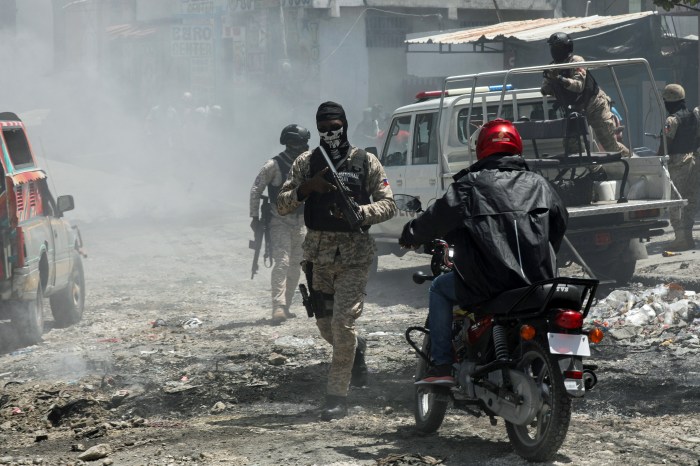
For now, he said, the Jamaicans will “provide, command, planning and logistics support. We were the first to commit personnel on the basis that any multinational security mission must have the support of the Haitian people, the appropriate jurisdictional sanction and must be adequately resourced.”
And based on an announcement from the Belize Defense Force this week, it is also pre-deploying two officers to work alongside the Jamaicans and the Kenyans on the ground. They are not authorized to enter into actual combat with the gangs, the official announcement had stated. Jamaica has committed to send 200 mostly men, The Bahamas 150 and Belize 50. Suriname has also committed to contributing personnel but it is unclear when these will be deployed.
The PM said that arrangements on the ground in Haiti are not fully up to speed, hence the limited deployment for now so this will be done in phases as the command structure is put in place among other issues.
“We want a very successful operation. Haiti is the example of what could happen if states and governments do not take the problem seriously and put in place the measures and resources necessary to bring the problem under control. We see this as an evolving existential threat to law and order and the proper functioning of institutions of the state not only in Jamaica but in several countries across the region. The threat of gangs must not be viewed as only a citizen to citizen problem, where regular policing and the criminal justice system would be sufficient to address the problem. The threat is at a level in the region where gangs and the organized armed violence is a threat to the very state,” the prime minister said.


